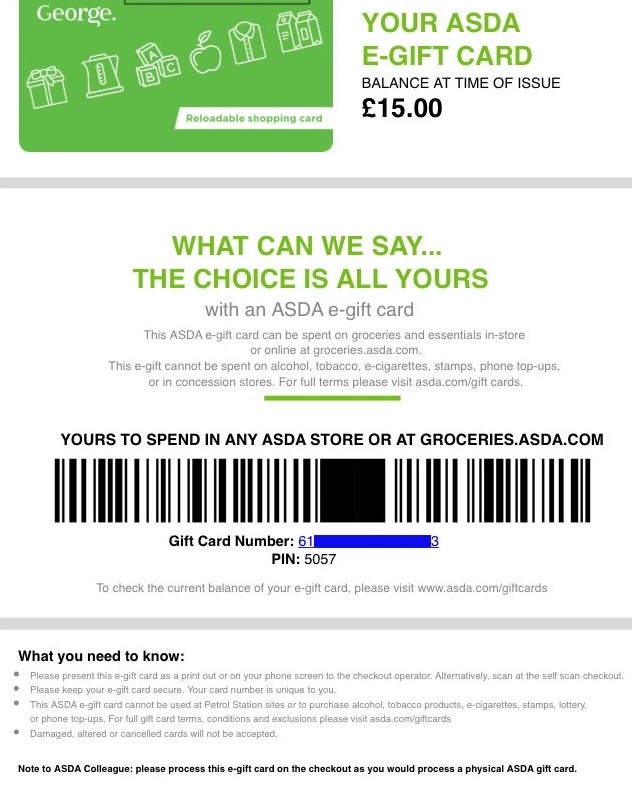The partial closing of schools across the country due to COVID-19 has led to many families having to feed their children at home without free school meals. In order to help ease the financial burden, the Department of Education has partnered with the French company Edenred to give eligible households free supermarket vouchers to spend on food for the children. The vouchers have restrictions on them to prevent parents from spending the money on anything but their children, but there are some who have tried to find workarounds to these restrictions.
The gift card exchange company Cardyard, which allows its users to buy and sell egifts, has reported that there have been attempts to sell the vouchers in exchange for their monetary value, as a way to bypass the restrictions preventing the money from going anywhere but towards their child. The company’s founder and managing director, Mike Hayman, told Truthfal of one such attempt; “We took one look and knew it was a restricted product so we didn’t accept it, and ‘returned’ it to the seller. Any buyer on Cardyard would not be happy purchasing a ‘restricted’ product.”
While Mike wished that the company was simply turning away the vouchers to protect children from “unscrupulous parents”, he admitted that there was a more practical reason for the return. “The reality is we turned away that school meal voucher because it didn’t match the product type the seller was claiming it to be, an ASDA e-gift card. Gift cards are given a low budget, so they are always cutting corners and not calling things by the proper name, just squeezing in new product variants!”
This is not the only way COVID-19 has impacted the company. In a recent press release, Cardyard announced that it was moving from handling plastic cards to exclusively dealing in digital vouchers. The move was planned to be slowly incorporated into the company from 2021, but in order to minimize risks and physical contact, since plastic can hold the virus for upwards of 72 hours, the upgrade has been pushed forward early. In the release, the company stated that the initiative comes, “as part of an effort to reduce the amount of physical handling that cards go through before they get to the customer. It has the added benefit for the customer and retailer, that they no longer have to handle plastic cards back and forth.”
“This is a tricky time for everyone.” Mike says in the release. “Now, more than ever before, money is tight. We wanted to continue to provide our service but in a way that was sensible and safe. Digital vouchers mean that we can keep saving people money without putting anyone at risk.”

